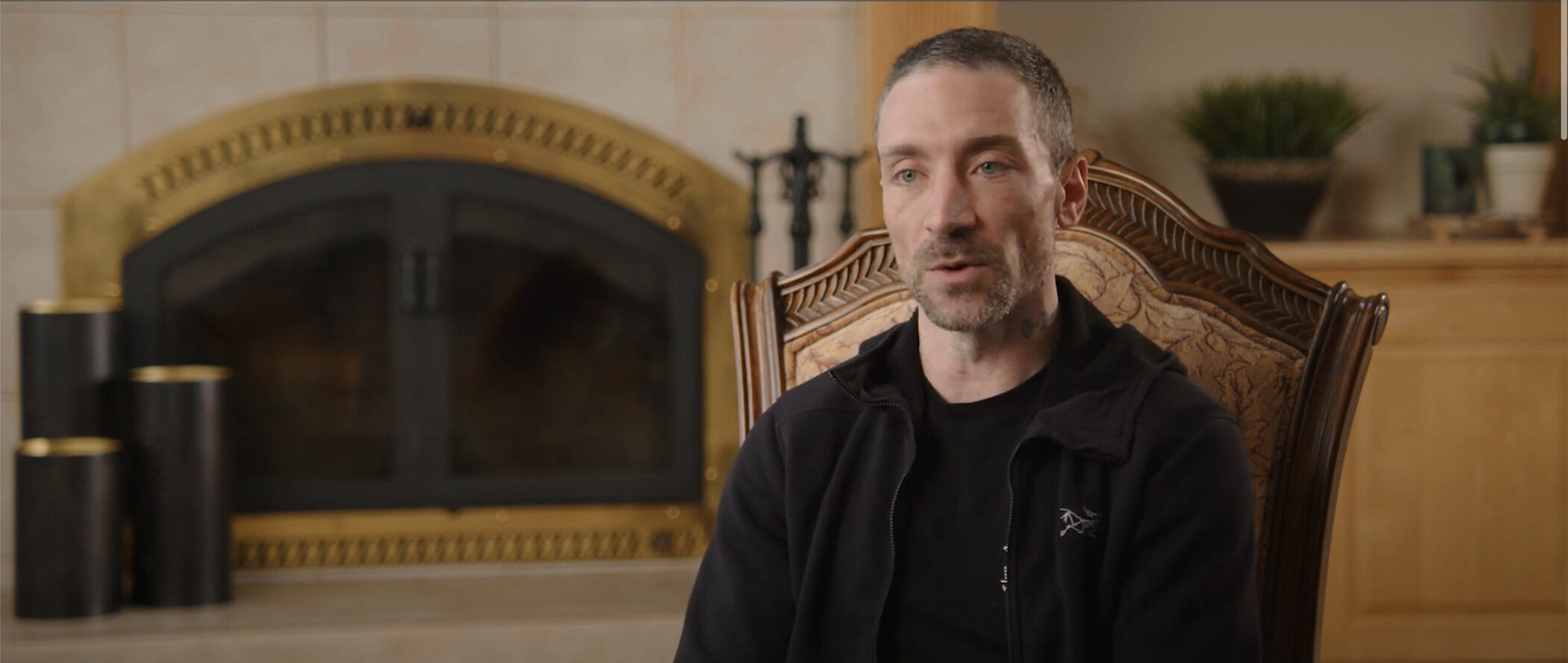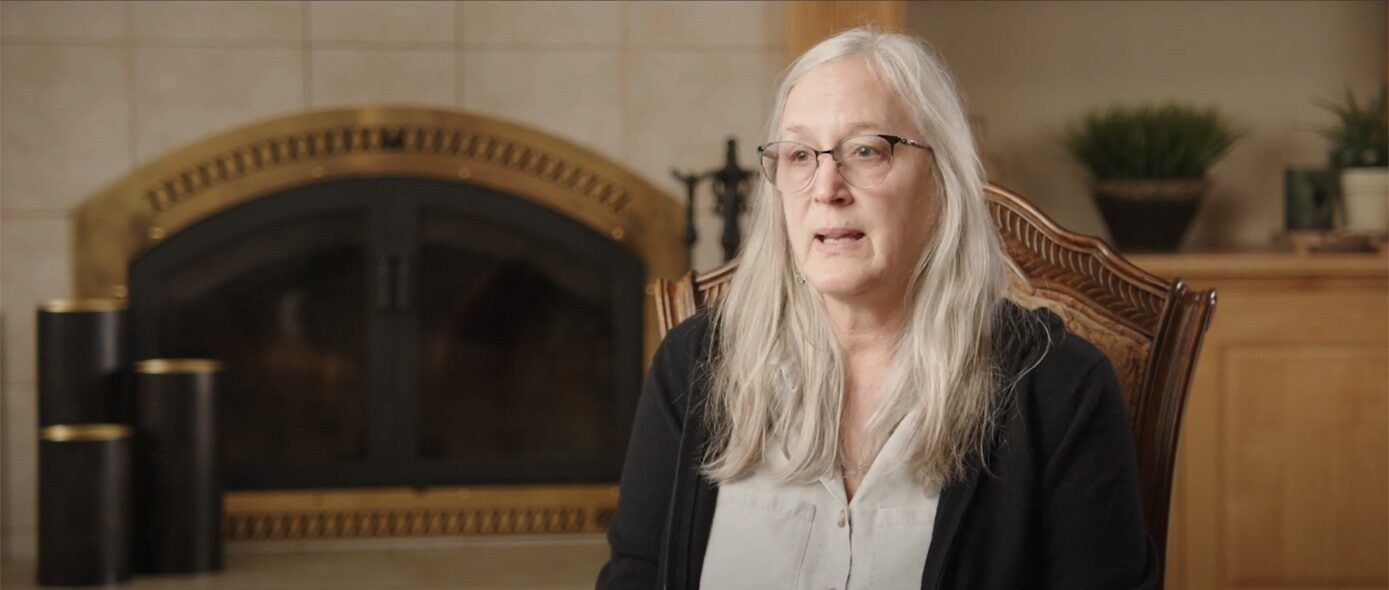Vessel mooring operations pose grave dangers to crew members and dock workers alike due to the substantial forces involved in tying off a large ship. When lines part, the consequences can be catastrophic. Increasing the risk of harm, vessel owners often try to avoid the cost of hiring shoreside line handlers to assist with shifting the vessel during cargo operations. Similarly, vessel owners opt against hiring assist tugs as another cost saving measure. Couple these risk factors with strong currents, like those of the Columbia River, and the stress on mooring lines compounds. Consequently, both vessel crew and line handlers face unduly perilous docking and mooring operations on the waterfront.
Mooring lines are an essential part of moorings. Yet, lines are often poorly maintained and kept in service beyond manufacturers’ recommended service life. Proper inspection protocols would identify compromised integrity of mooring lines, but these procedures are often neglected. Too many times, our maritime lawyers’ investigations reveal poor inspection and maintenance of mooring lines that would have prevented catastrophic failures.
Washington, Alaska, Oregon, and California Mooring Line Accident Lawyers
Mooring line accidents are likely to result in severe or even fatal injuries because of the forces involved. If you have sustained injuries in a mooring line accident, you likely have a claim for compensation. Thankfully, a skilled maritime accident lawyer at BoatLaw, LLP can help you obtain compensation for your past and future medical costs, physical pain and limitations, loss of earning capacity, disfigurement, and mental anguish. We have successfully represented both harbor workers and vessel crewmembers in parted mooring line cases arising from the busy ports in Washington, California and Oregon.
To have BoatLaw, LLP assist you in your case, call 1-800-262-8529 to secure an initial consultation. We litigate maritime cases across the country from our offices in in Washington, Oregon, and California. Do not settle for less than what your case is worth. Hire a maritime law firm with a track record of securing millions for maritime workers falling victim to parted mooring lines.
Information Center
- Mooring Line Accidents
- Longshore and Harbor Workers Compensation Act
- The Jones Act
- Additional Resources
Mooring Line Accidents
Mooring line accidents are often severe, resulting in significant injuries such as amputations, broken bones, concussions, crush injuries, spinal cord injuries, paralysis, dental injuries, eye injuries, decapitation, and disfigurement. There are two main mooring line accidents: snap-back accidents and caught in the bite accidents. Both accidents pose significant risks, but snap-back accidents are the most severe. Sometimes, mooring lines fail. When they break, they snap back unpredictably with great force. The mooring line returns to the ship and hits the snap-back zone, which must be marked on the ship. The severed mooring line could hit a worker standing in the snap-back zone. Snap-back accidents are so severe they often result in death. Causes of snap-back accidents include:
- Poorly maintained lines
- Workers ordered to stand in snap-back zone
- Unclear markings of snap-back zone
Additionally, if a mooring line has significant wear and tear and is in poor condition, it may be more likely to part and harm a worker.
The second type of mooring line accident occurs when a worker gets caught in the bite of a line. Caught in the bite accidents happen when a worker’s duties place him between a line and fixed object on deck or in a coil of a line. A line can catch a worker’s limb, tighten and pull off a digit, limb, or even the worker overboard. These types of injuries are common in commercial fishing operations, pot fishing in particular.
Longshore and Harbor Workers Compensation Act
Before the Longshore and Harbor Workers’ Compensation Act was passed , longshoremen and harbor workers did not receive automatic workers’ compensation benefits from their employers. The Longshore and Harbor Workers Compensation Act (LHWCA) applies to land-based workers who work on the waterfront. Longshoremen primarily work in loading and unloading vessels. The LHWCA applies to longshoremen and other harbor workers who are injured working on and around vessels, providing them with no-fault workers’ compensation benefits. The LHWCA offers land-based workers who are harmed by mooring lines compensation for their injuries. The LHWCA may encompass longshoremen, harbor workers, dock workers, stevedores, other cargo handlers, truck drivers, crane and heavy equipment operators, shipbuilders, ship breakers, repair workers, and welders. The LHWCA gives land-based marine workers who become disabled due to mooring line accidents compensation, medical care, and vocational rehabilitation. If a land-based worker dies due to a mooring line accident, the worker’s family may bring an LHWCA action on the worker’s behalf.
Section 905(b) of the LHWCA provides injured longshoremen and harbor workers with a “third party” cause of action for damages above and beyond the compensation obtained from the maritime employer. A vessel and its crew are the third party, meaning a person or entity other the employee (first party) and employer (second party). The maritime lawyers at BoatLaw, LLP specialize in these third party vessel negligence claims that arise when a negligent vessel and its crew cause injure or kill a longshoreman or harbor worker.
The Jones Act
Merchant mariners and other seamen injured in parted mooring line snap-back accidents, caught in the bite accidents, or other mooring line accidents may bring personal injury claims against their employers. The Jones Act expands the Federal Employer’s Liability Act (FELA) to seamen. The Jones Act requires that all employers of seamen provide a safe working environment. Under the Jones Act, seamen harmed during their employment may bring a personal injury lawsuit against their employers and have a trial by judge or jury. To present successful claims under the Jones Act. Seamen may allege that their employers were negligent, and their employers’ mistakes caused their injuries. Plaintiffs can bring their cases before a judge in either state or federal district court. Generally, maritime law does not provide the right to a jury trial; however, the Jones Act gives plaintiffs the right to a jury trial. The Jones Act entitles injured seamen to recover damages for lost earnings and earning capacity, medical expenses, pain, suffering, and mental distress.
Additional Resources
Longshore and Harbor Workers’ Compensation Program– Benefits.gov explains who is eligible for the Longshore and Harbor Workers’ Compensation Program and how to apply for benefits.
The Longshore and Harbor Workers’ Compensation Act (LHWCA): Overview of Workers’ Compensation for Certain Private-Sector Maritime Workers– The Congressional Research Service provides an overview of the Longshore and Harbor Workers’ Compensation Program. The Congressional Research Service summarizes the act, explains its history, and explains the kind of benefits workers may receive under the act.
Mooring Line Accident Attorneys | Washington, Oregon, Alaska, and California
If you’ve suffered a mooring line injury, it’s imperative to consult with an experienced attorney who is knowledgeable of maritime laws. With more than a hundred years of combined experience, our team of skilled maritime lawyers at BoatLaw, LLP have helped manymerchant mariners, commercial fishermen, dock workers, and longshoremen who have sustained injuries inmooring line accidents. The admiralty attorneys also represent families who have lost loved ones in fatal mooring line accidents. We will conduct a thorough investigation and work diligently to obtain optimal compensation for your case.
Our skilled mooring line accident lawyers sue vessel owners, dock owners, and terminal operators in Washington, Oregon, Alaska, Oregon, and beyond. To have our team discuss your legal options today over an initial consultation, contact us at 1-800-262-8529.











